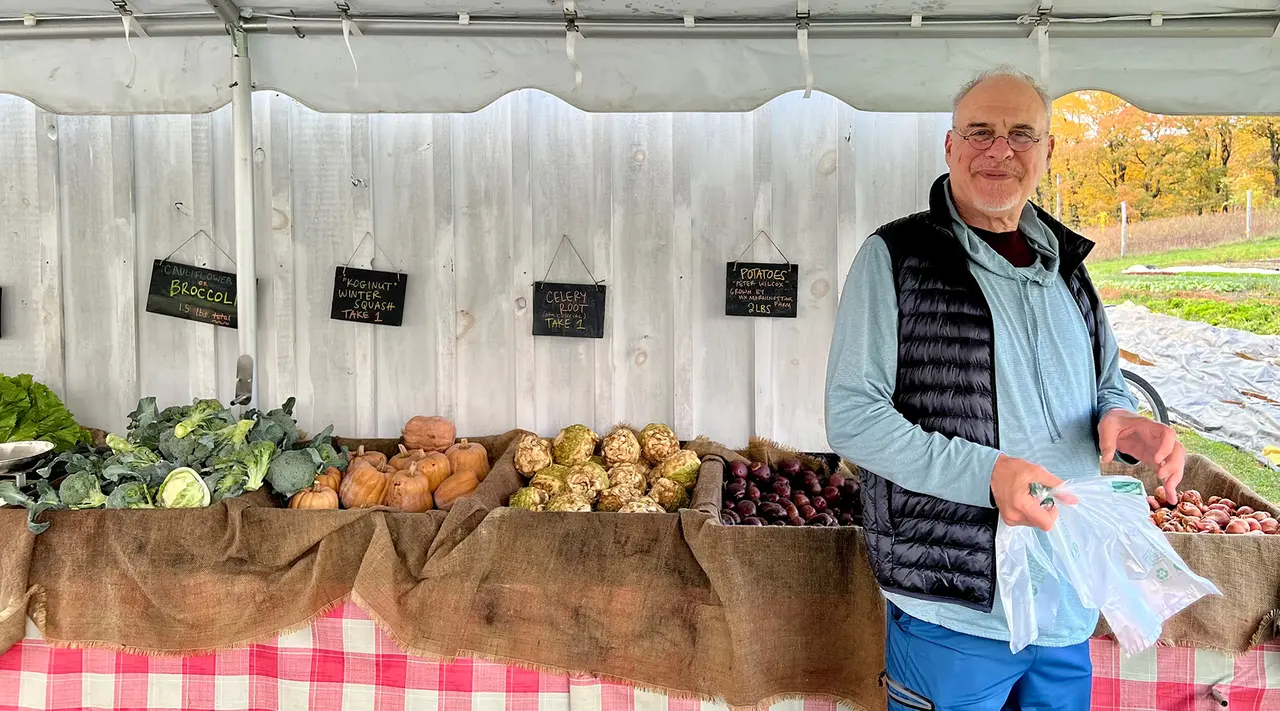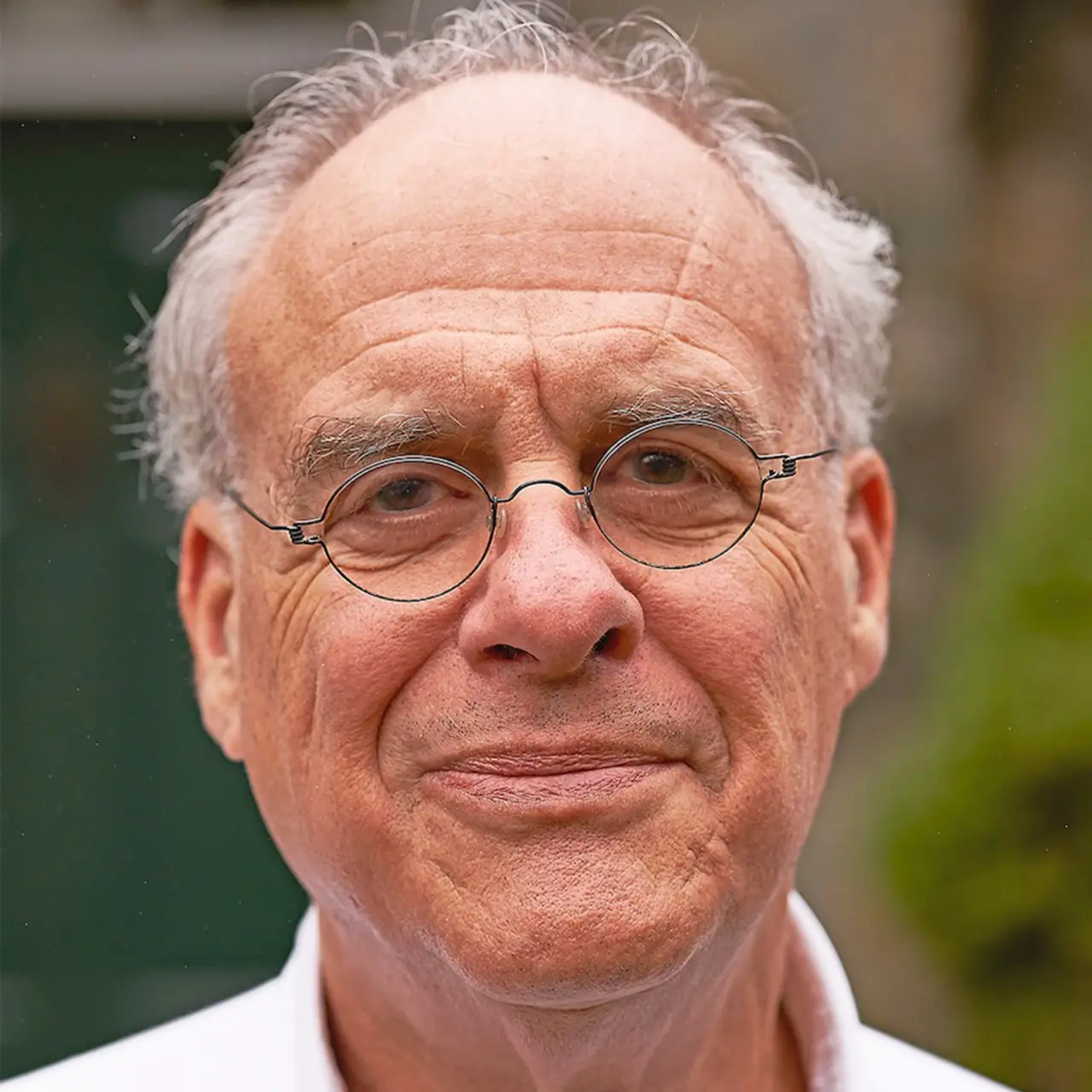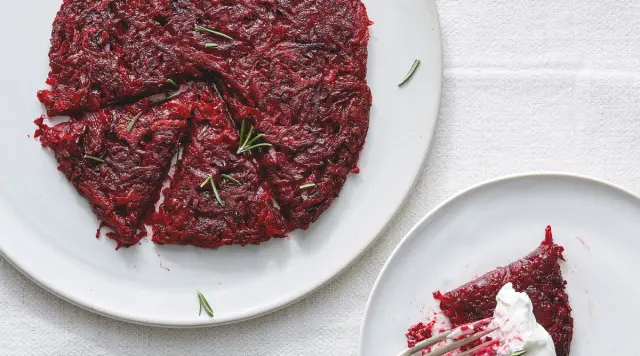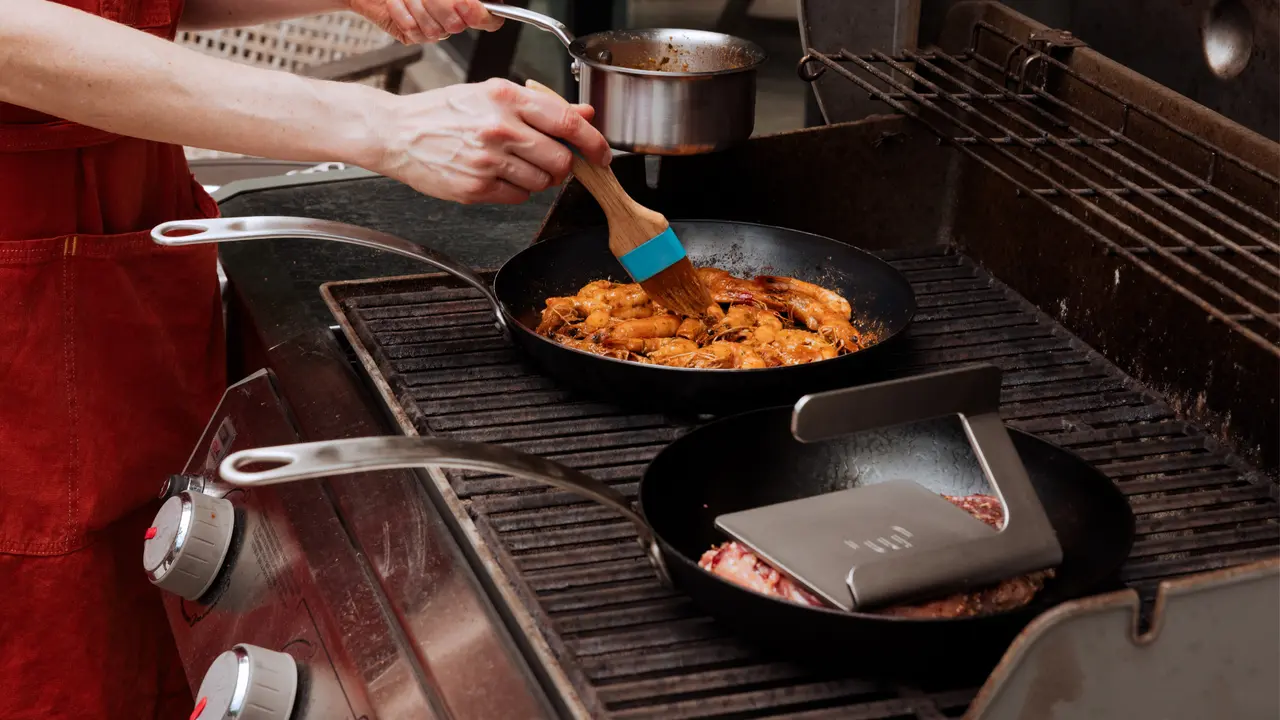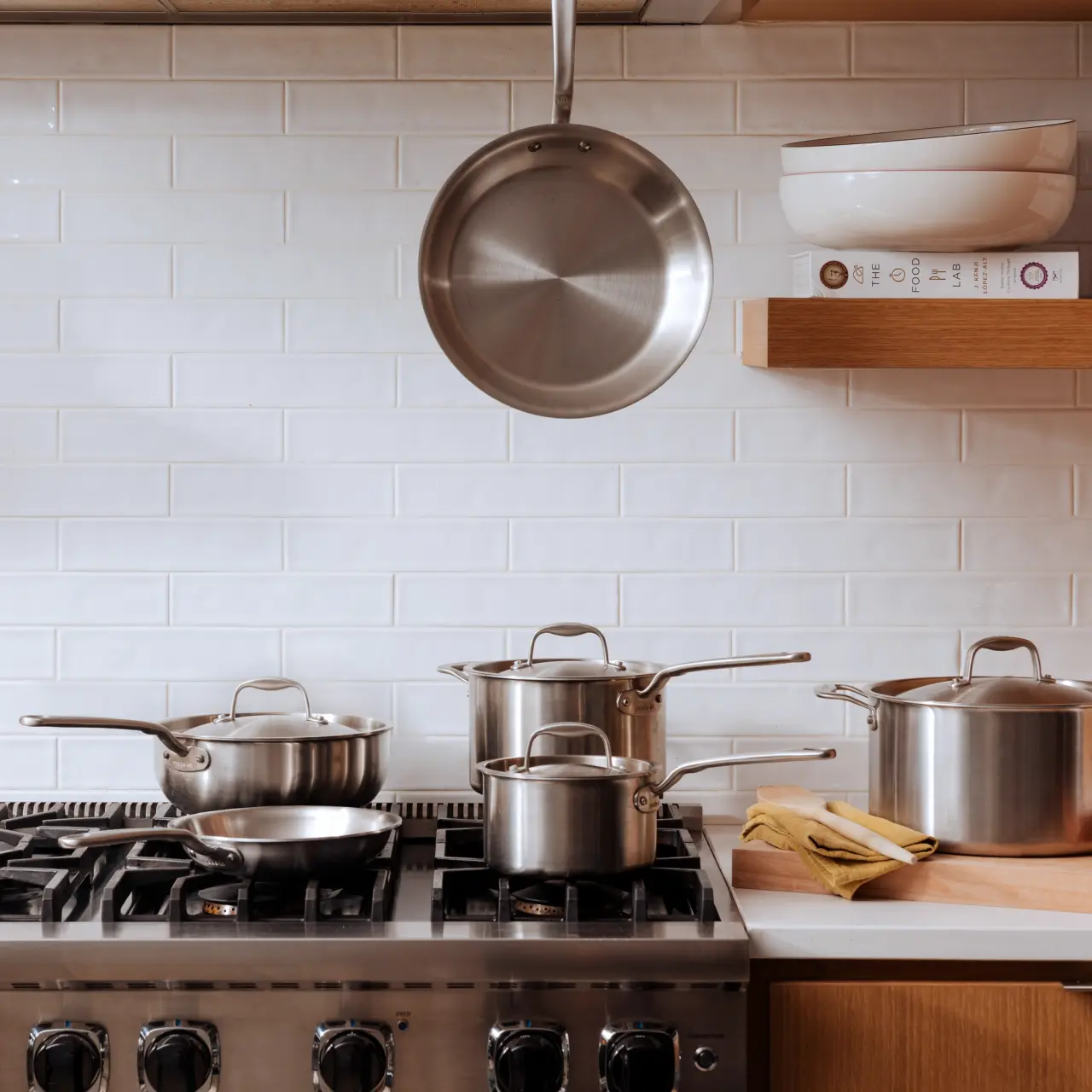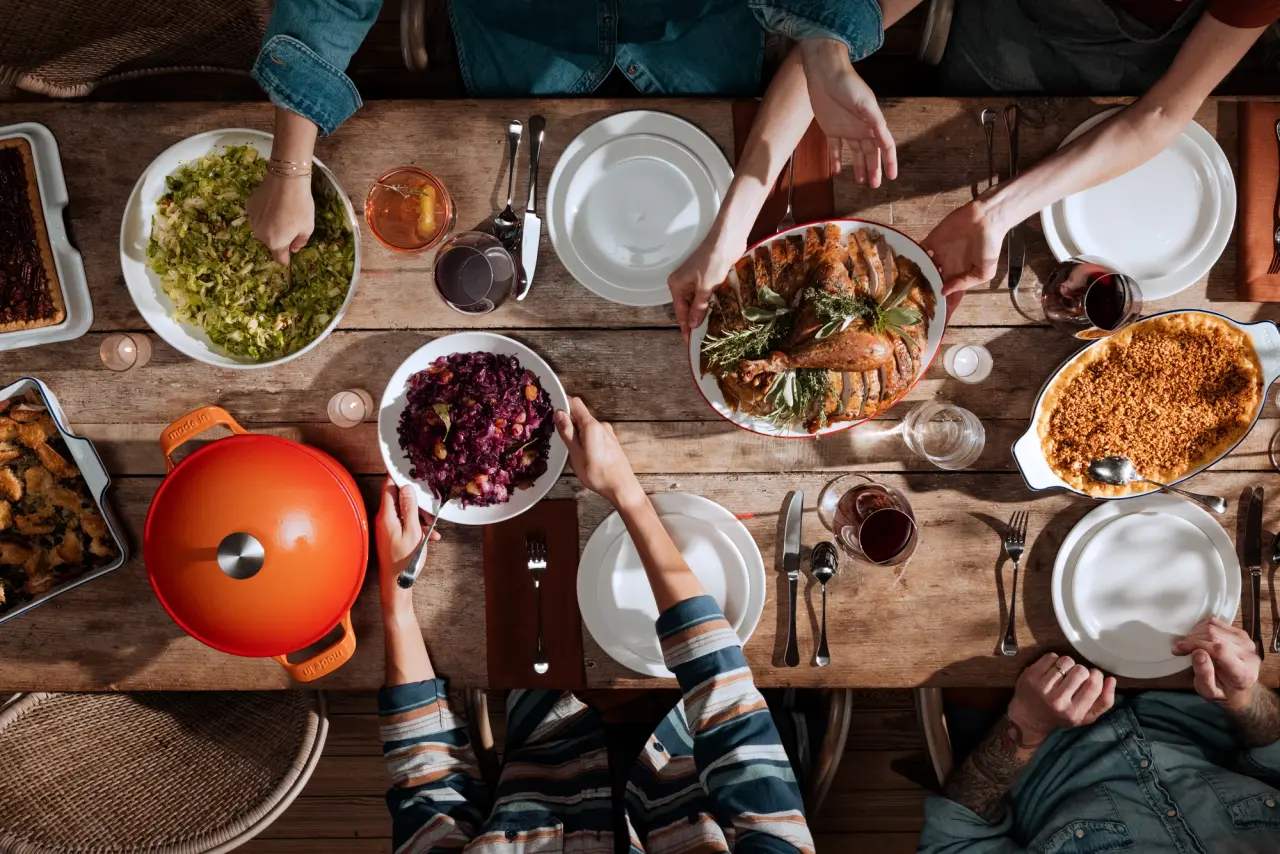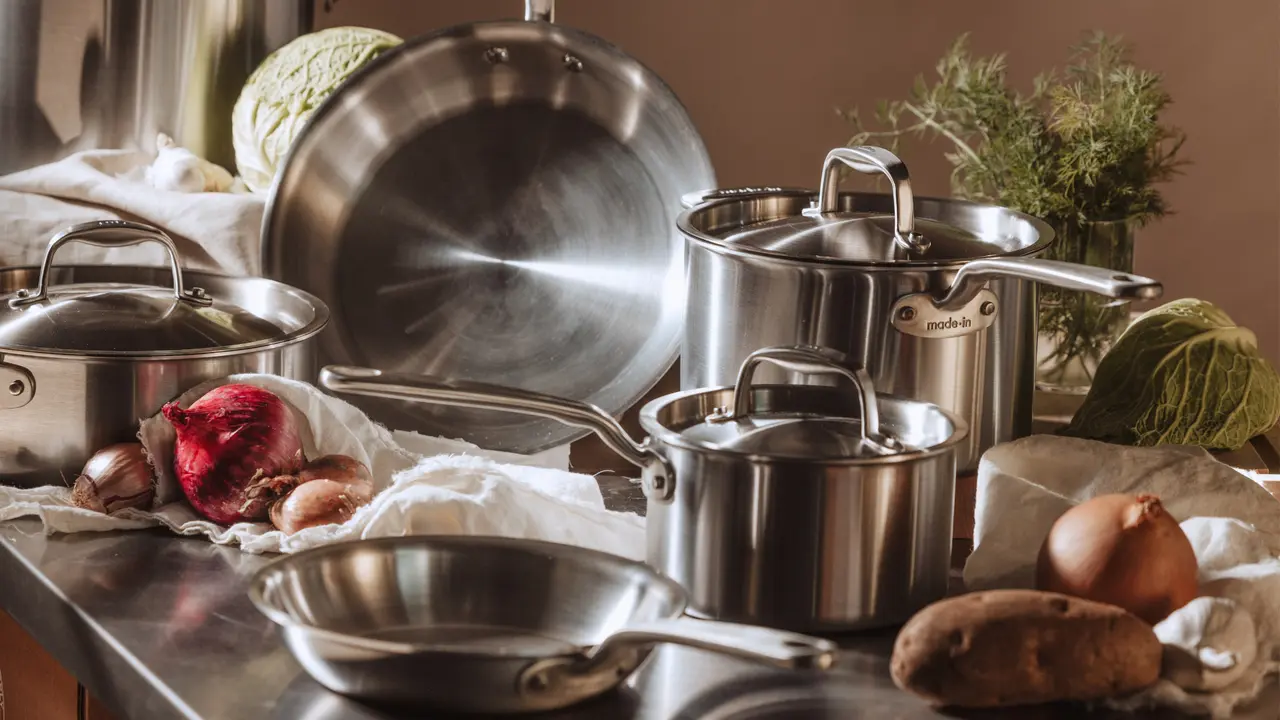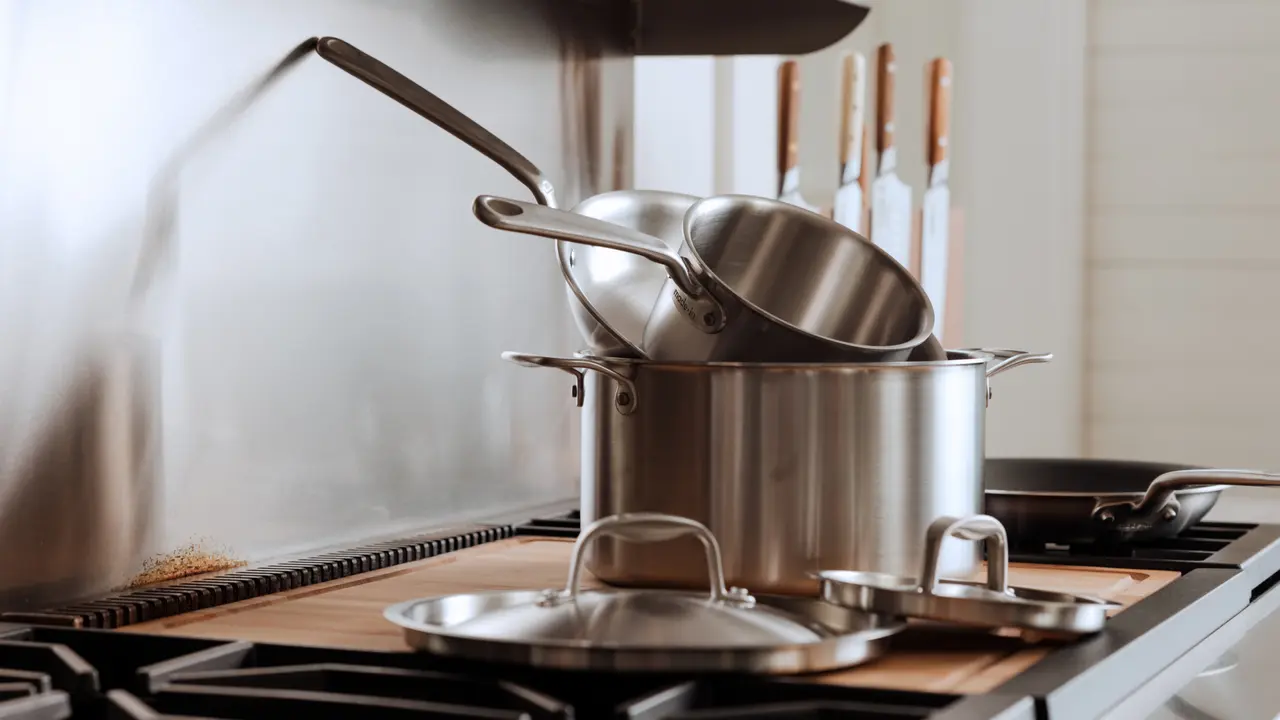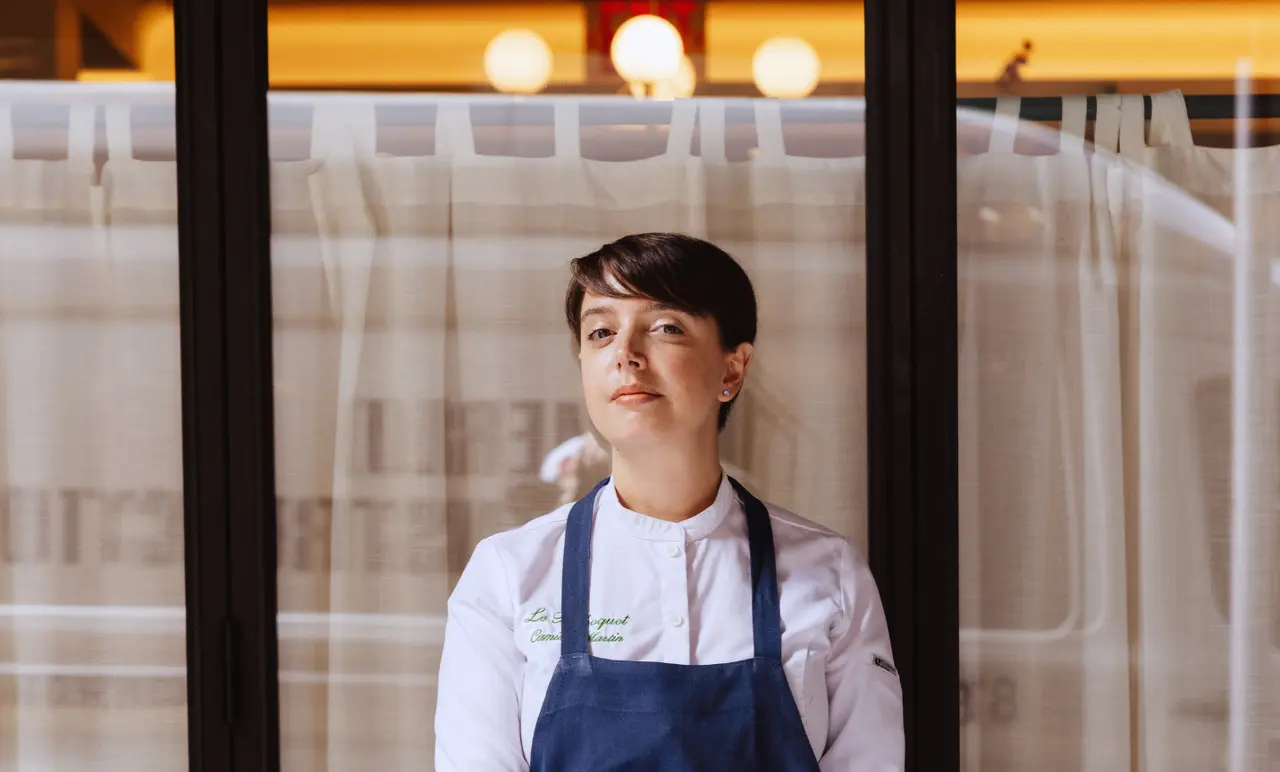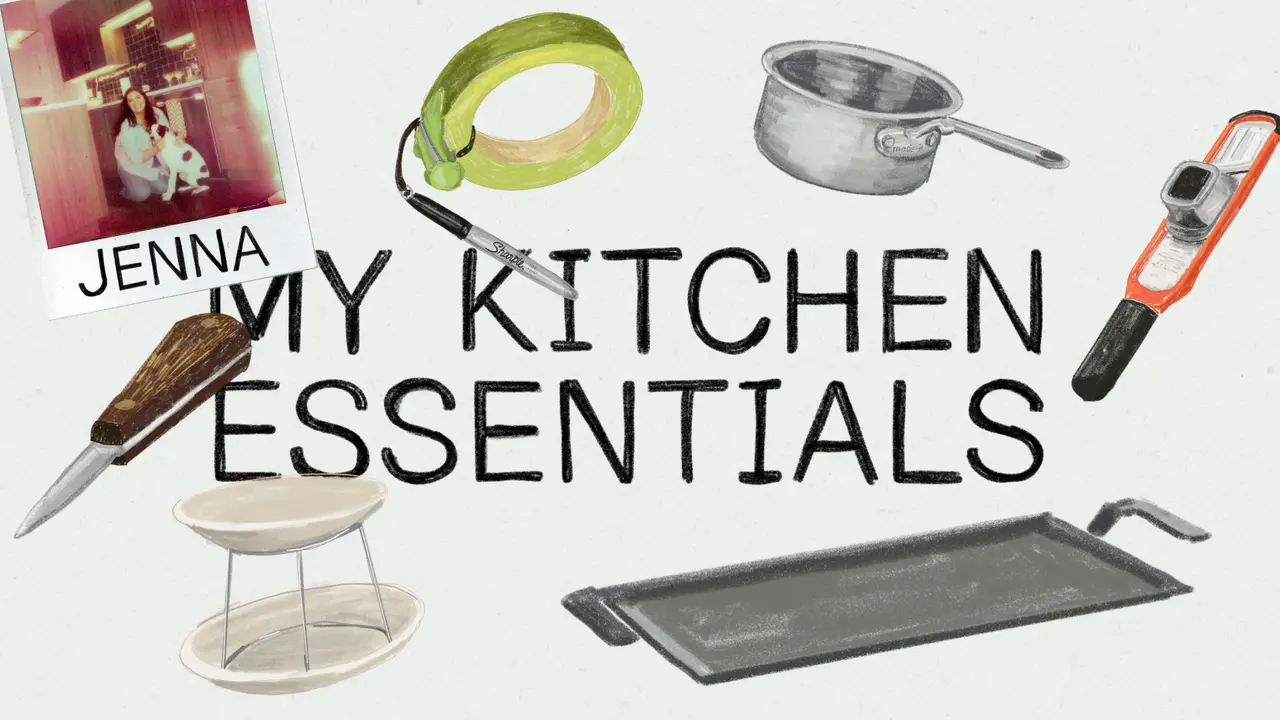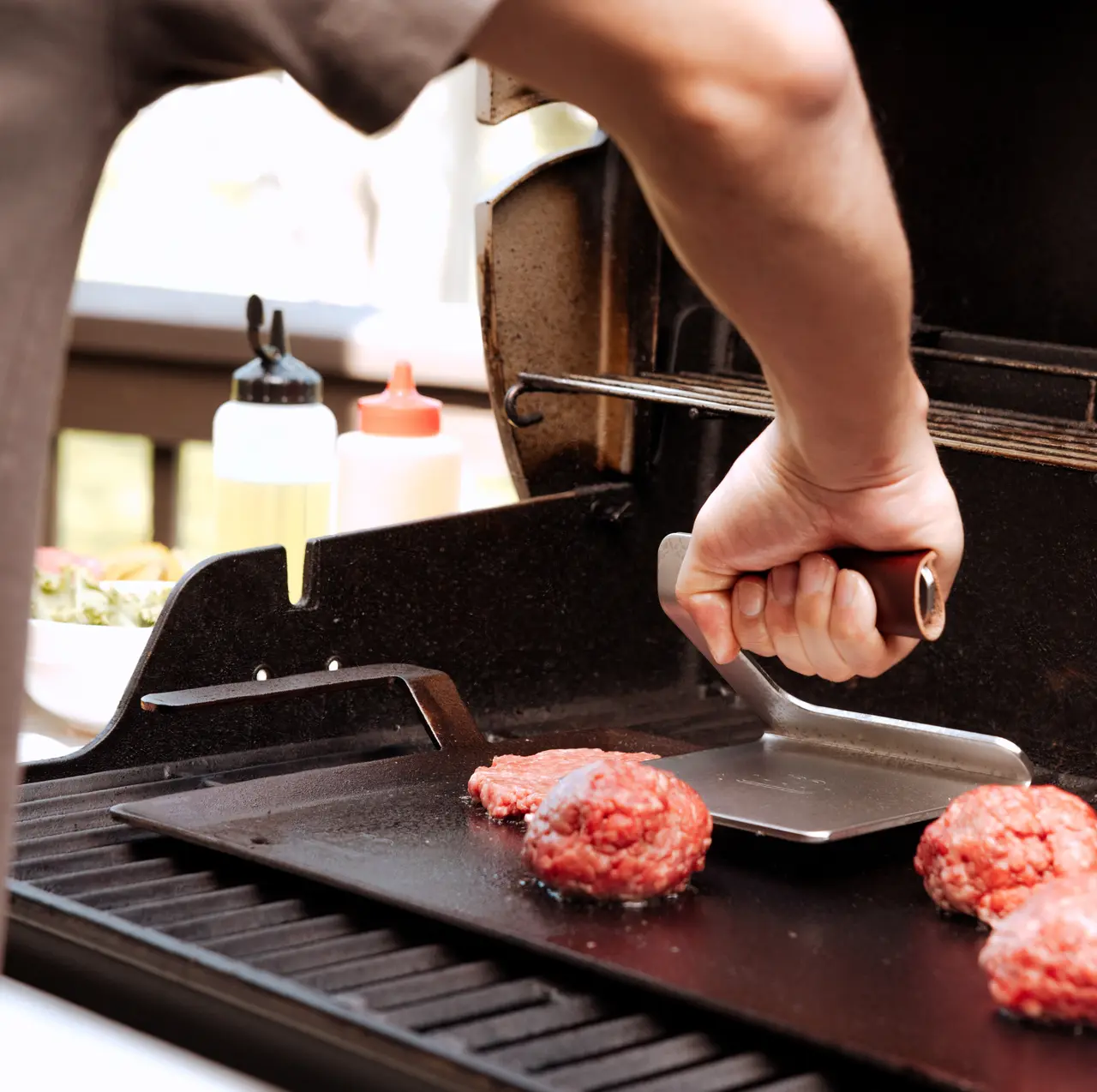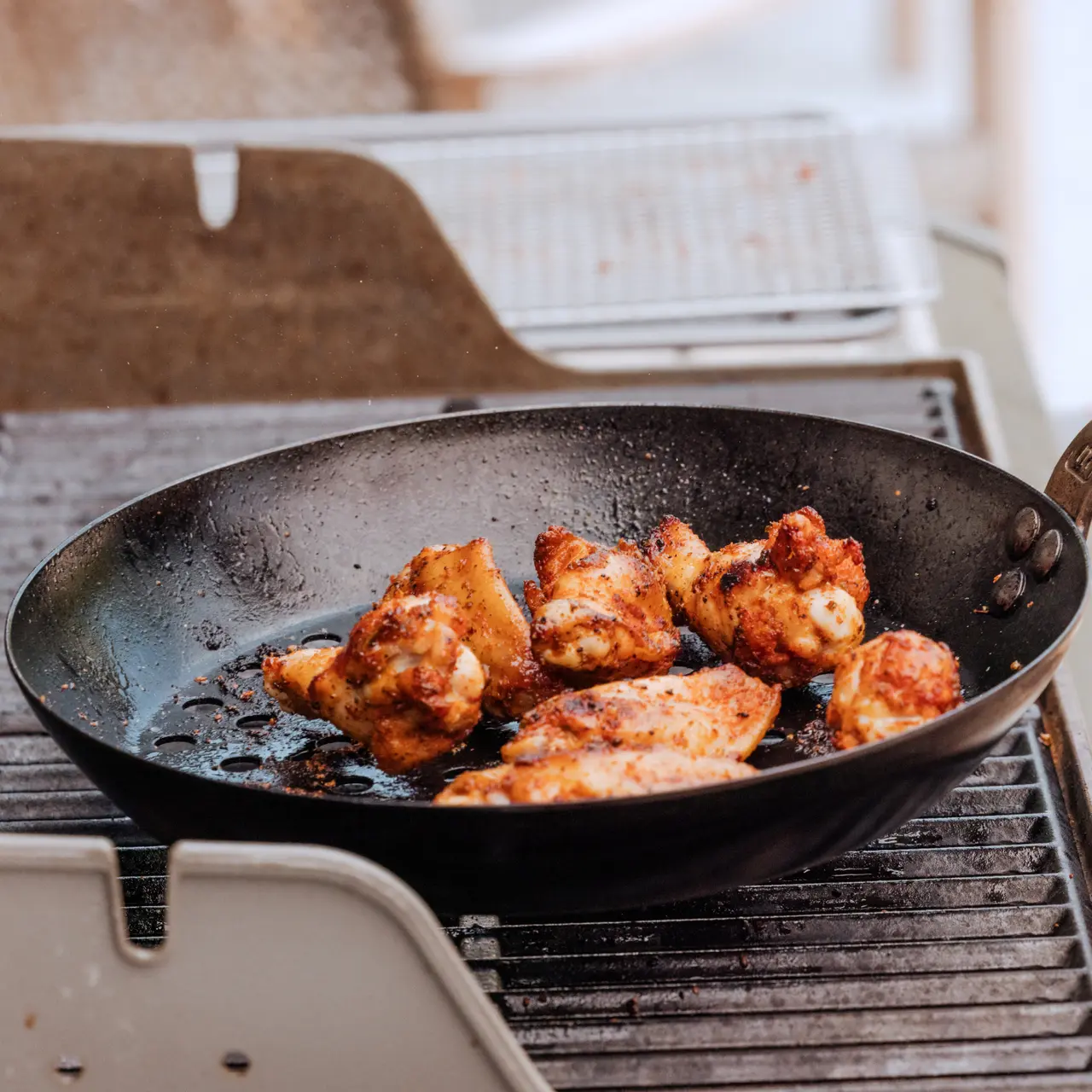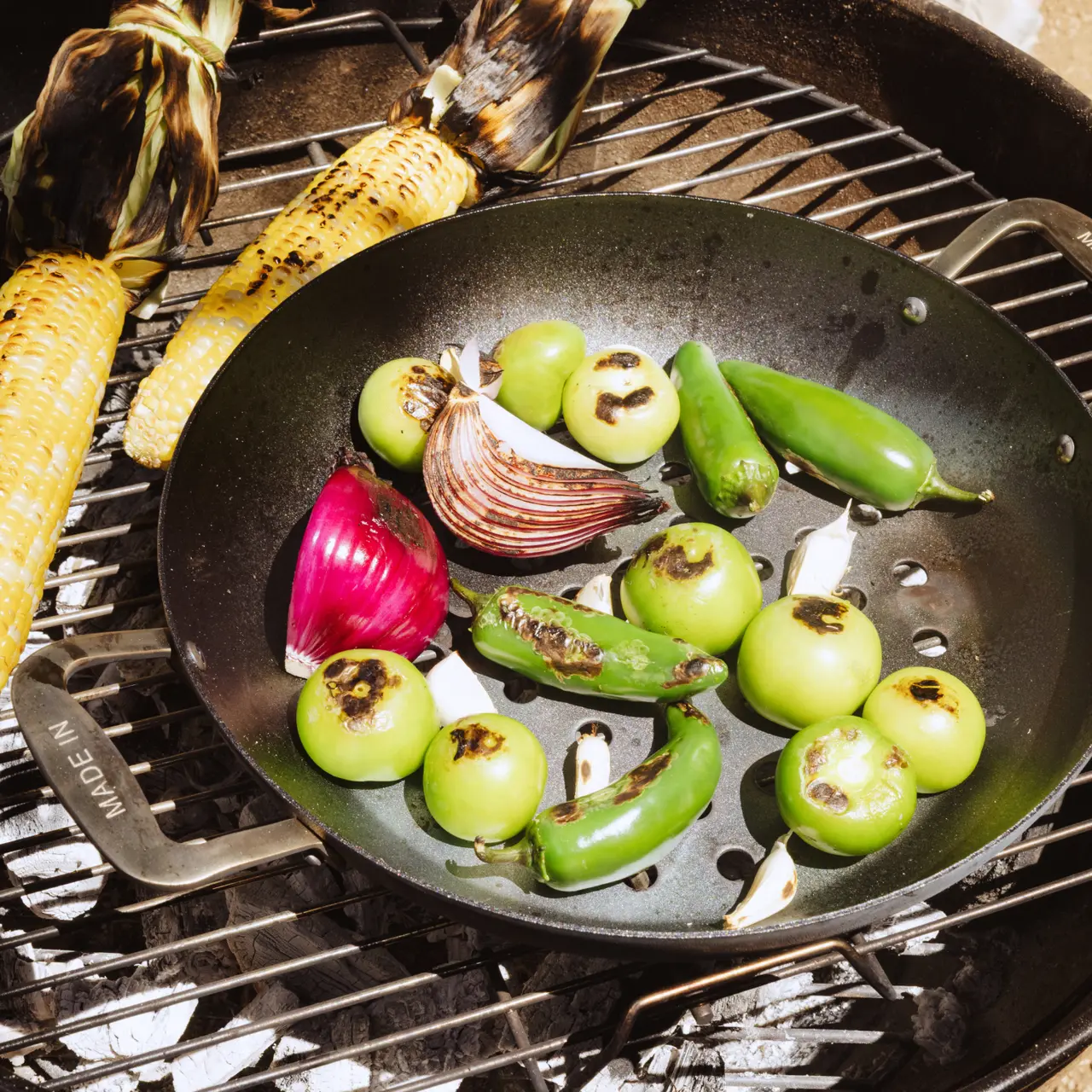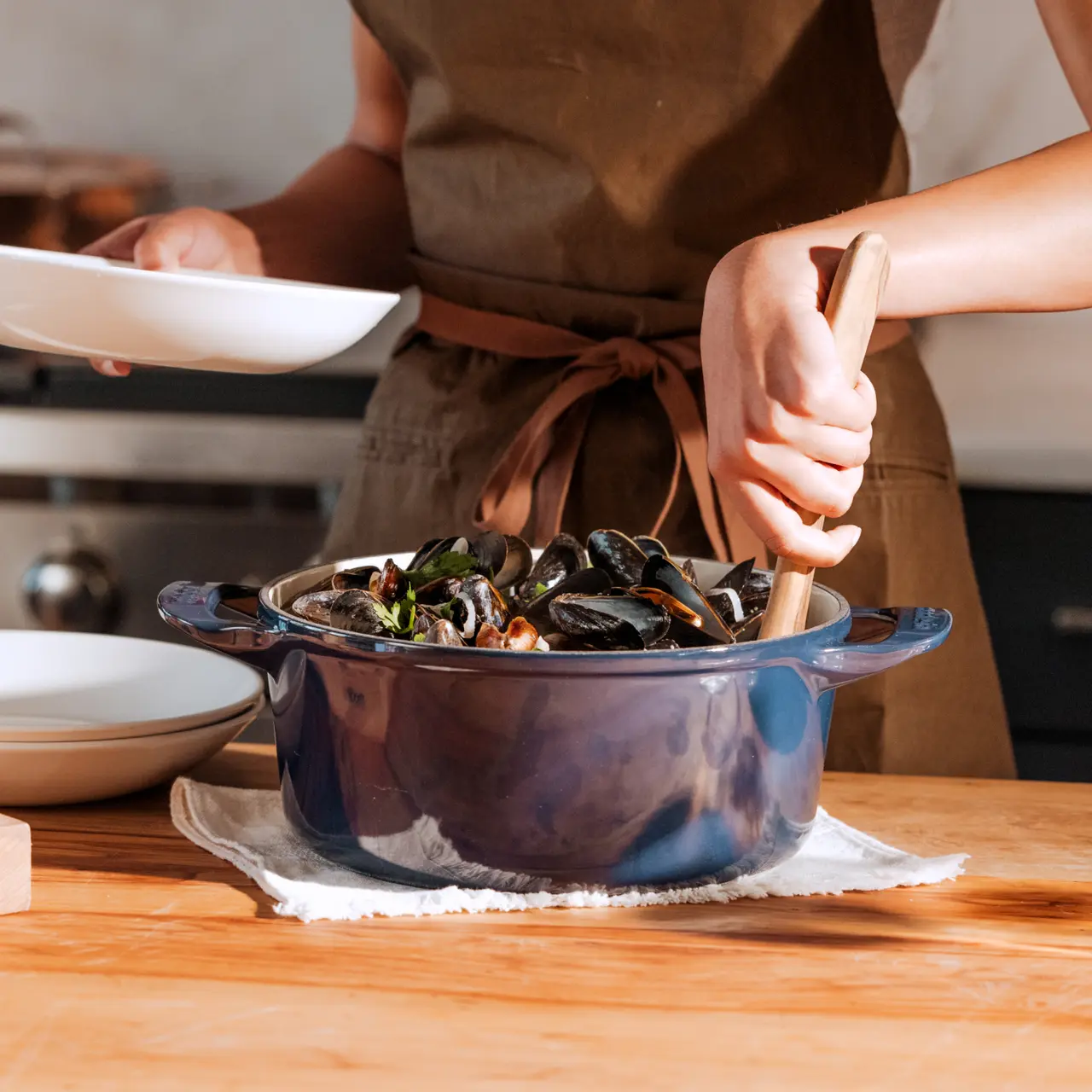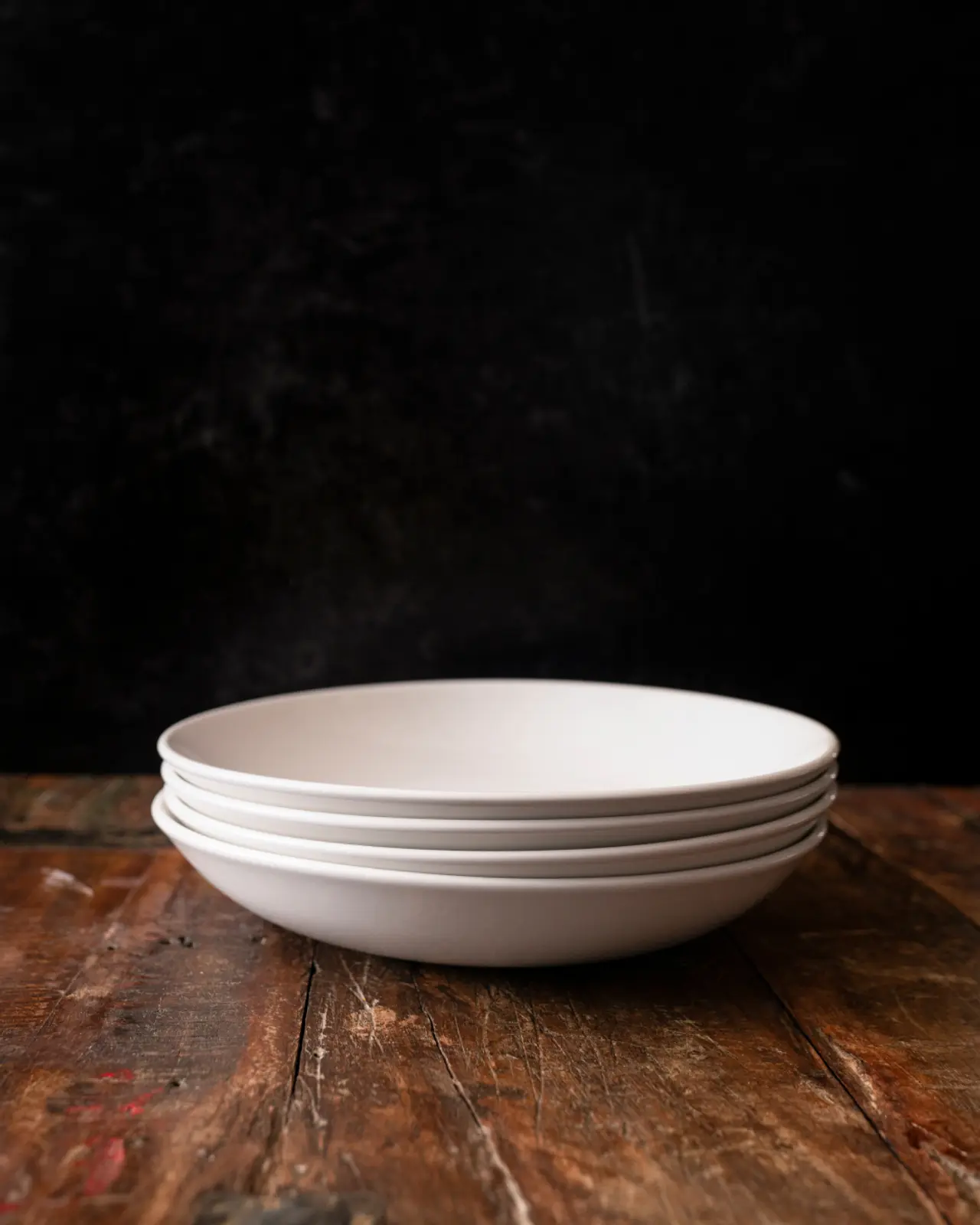“Famously Spare”
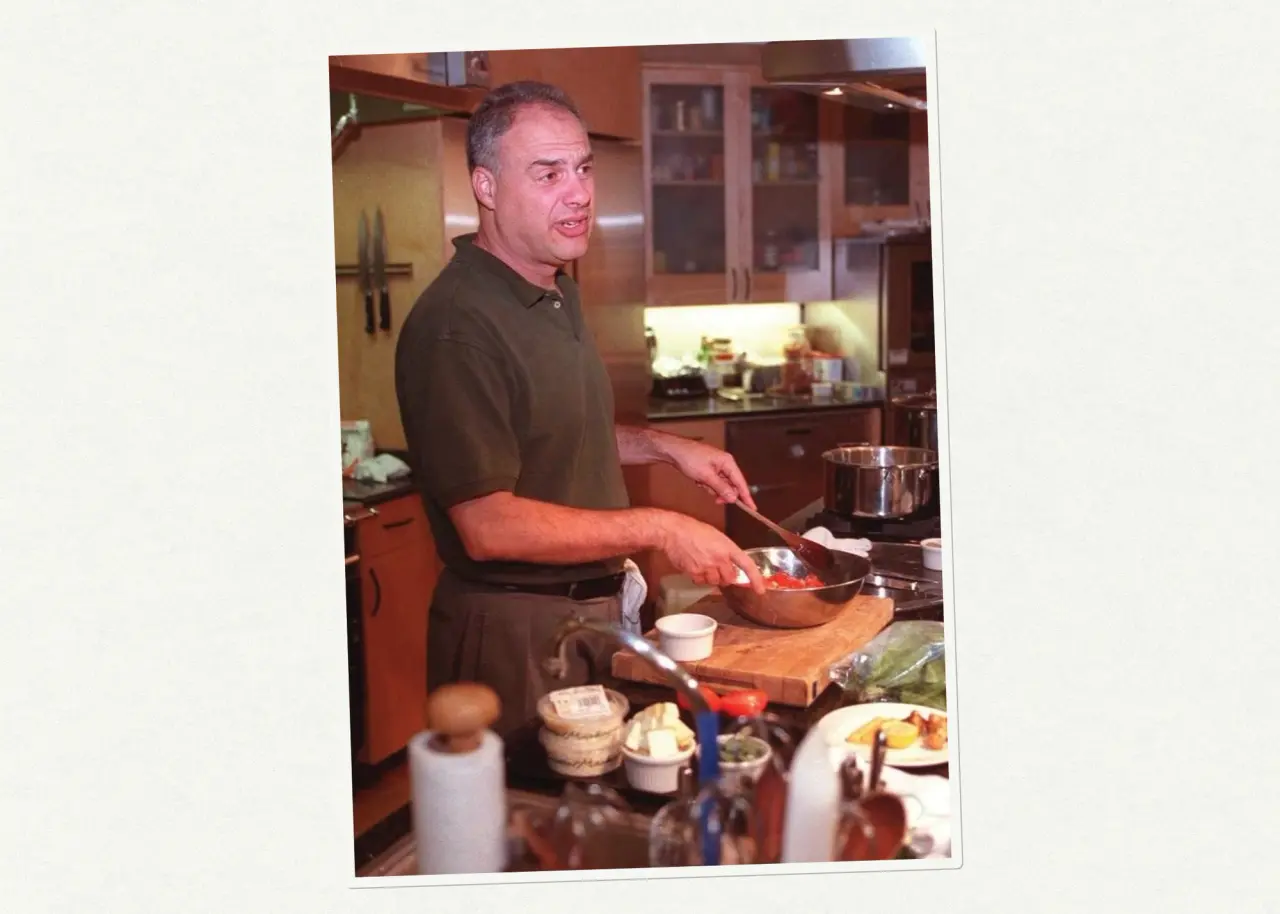
At the dawn of time, when I began writing about food, it was always with the purpose of bringing us back to basics. I had a young child (soon to be two young children), and their mom worked out of the house, and I made most of our dinners, and had to teach myself how in the world to do that. I didn’t know I’d make a career of teaching others. What an honor. I just saw a piece in Slate that called me “famously spare,” and I couldn’t be prouder.
What did I learn? Well, a few things. I never cared about knife skills—but I love a good knife, and it has to be sharp, and the handle has to feel good in your hand. Set your pasta water to boil before you even start cooking; you can always turn it down and tilt the lid while you’re finishing up the rest of what you need to do, and then your water’s always ready when you need it. When you’re sautéing, make sure the fat is hot, almost smoking, before you add the food, and don’t crowd the pan. When you’re roasting, the oven must be very hot, almost always over 400°F for all or some of the cooking time, and again, don’t crowd the pan: the hot air has to be able to circulate so moisture in the food can evaporate easily. (Otherwise, you’re steaming or baking and you can forget about developing a browned crust.)
And another tip? Learn to enjoy Thanksgiving, whether you’re cooking or not.
The Evocative Nature of the Holiday
When I was growing up, every year for Thanksgiving we took the subway to Astoria, to my grandparents’ house. And we ate turkey. When my kids were kids, we used Thanksgiving as an excuse to travel, often abroad. Or we celebrated it the traditional way — with copious amounts of complaining — usually with extended family. And we ate turkey.
In a decades-long career as a food journalist, I don’t know how many times I’ve complained about having to write about Thanksgiving. I started writing said articles in probably 1980; by 1984 I was tired of it and was doing stories about how to avoid turkey at Thanksgiving.
Much as I disliked writing about what Thanksgiving had become though – year in, year out, the obligation, the mostly bad food … – I missed Thanksgiving the way it was, that time with me and my mom and dad and sister a little bit dressed up — my mom in her seal coat! — heading over to the subway, my dad hurrying us along, me distracted, walking by myself, my sister holding my mother’s hand … my grandparents yelling at one another, my grandmother scraping her knuckles on the grater while readying the potatoes, the jokes about it tasting so good because of the blood. (I wish I had cooked with her more, though she always disapproved of my modern ways and shortcuts.)
And despite its occasional bothers, deep down, I like Thanksgiving. I like turkey, for that matter. Every editor I ever had came to me around November 1 and said “So, what are we doing for the turkey story?” or some variation. Now it’s just funny to think about, and it’s nice that I’ve got the flexibility to talk about different foods — in fact, this will be the last mention of turkey here! Because no one can deny that the other foods that are tied to Thanksgiving are some of our favorites.
The Most “Thanksgiving” Recipe I Can Think of
When I go through our catalog of autumn vegetable recipes—which is what you want most of on your Thanksgiving table—a few really stand out. Today, I want to make the case for Beet Rösti with Rosemary, one of my all-time favorite dishes that was introduced to me 30 years ago by the chef Michael Romano. A thick beet pancake, cooked slowly until the beet sugars caramelize and a crunchy, sweet crust forms, this crowd pleaser makes for a terrific Thanksgiving side.
When she was just starting out as a cook, my daughter, Kate, decided to make a beet rösti; sadly, she used a not-nonstick pan. I do not recommend this. I cook with nonstick a lot now that I’ve found Made In’s terrific assortment, and it’s hard to believe that I used to cook so much with cast iron (it’s so heavy). The Made In ProCoat Non Stick pans are so good for just about anything—and, in fact, offer the same 5-ply base as Made In’s Stainless Clad collection. And man, these pans are easy to clean.
So, for the rösti – get your nonstick pan, 10- to 12- inches is ideal. A food processor is also ideal; otherwise you can make like my grandmother and grate by hand. After that, it’s easy. One note, on flipping: don’t freak out about it. If you end up making a mess of it (which you probably won’t; I explain how to do it easily in the recipe), you can always pat the scraps back into the pancake and cook it a little longer. And really, this wouldn’t be bad as a hash, at all.
After all, isn’t being nimble, being flexible, one of the most – if not the most – important facets behind the basics of cooking?
I am so thrilled to be sharing my thoughts and experiences with you for Made In, one of my favorite brands. I’ll be back next month!
